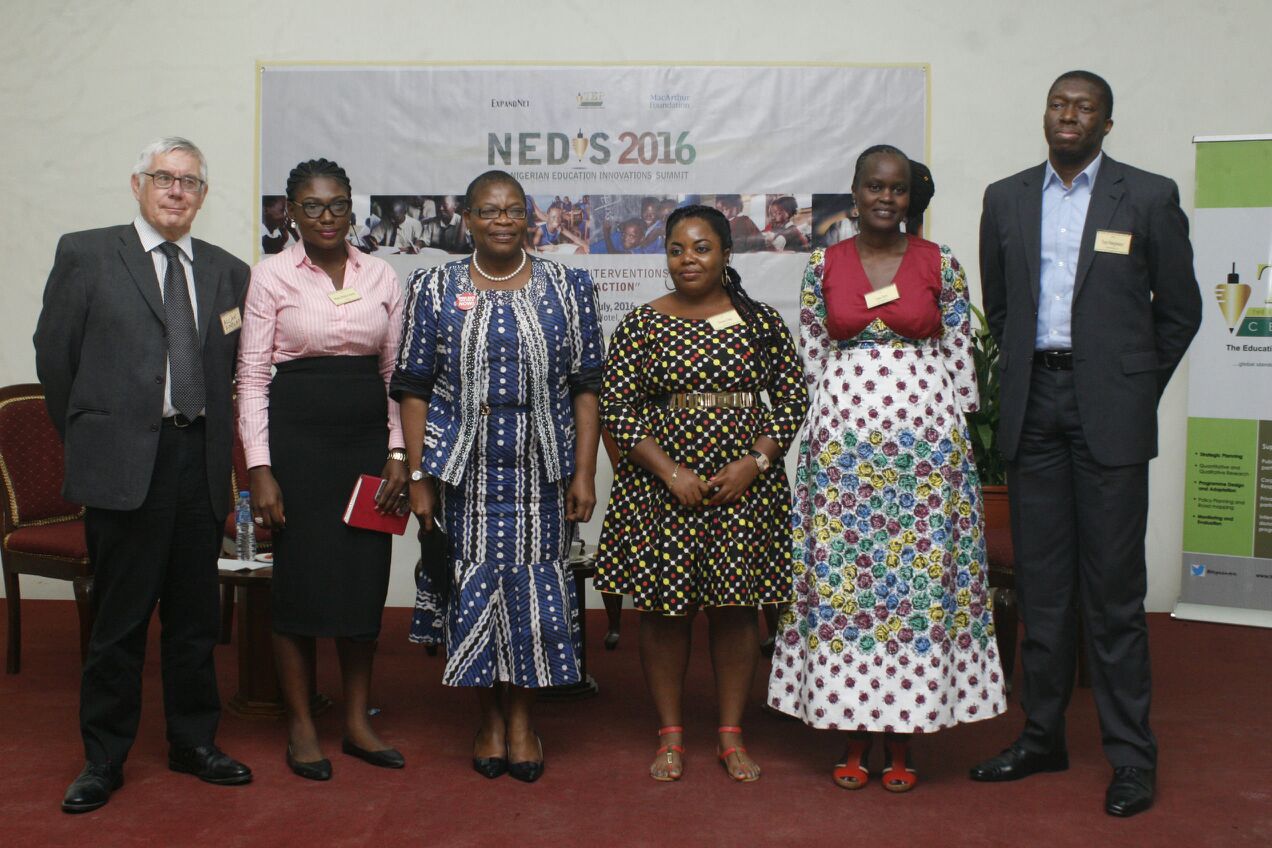Nigerian Education Innovation Summit (NEDIS) which held in Abuja last week was borne out of necessity and as a matter of urgency to seek lasting solution to issues in education sector. The 2-day event brought together Education experts, Civil Society Coalitions, Organised Private Sector as well as other major stakeholders in the Nigeria’s education Sector to deliberate on how Nigeria as a country could salvage this sector by scaling up its strategies targeted at mitigating plethora of challenges militating against the education sector in Nigeria.
According to Dr Modupe Adefeso, Director, The Education Partnership Centre (TEP Centre), the organizer of this event, “Scaling up is important because schooling has spread rapidly over the last 200 years, but improved access to schooling has not resulted into improved education particularly in a country like Nigeria and other developing countries in Africa.
Eileen McGivney, Representative from Centre for Universal Education, Brooking institution, Washington DC corroborated Adefeso’s statement while giving her keynote address that recent research has shown that there is a large gap between Africa and the developed world in terms of improved standard of education and it will take close to 100 years to catch up.
Obi Ezekwesili, Former Minister of Education who was the top panelist at the event noted the importance of proffering answers to fundamental questions such as “what is the purpose behind education of Nigerian children”, is it purpose driven?
Obi lamented that by now Nigeria ought to be an emerging economic model that nurtures the mind and create a good society with capacity to compete globally, since the world is a global village. She further made reference to the project she spearheaded as a former minister called “WE CAN” (we educate for character, aptitude and needs). ”The project aimed at giving purpose to the quality education and also measuring the quality of active citizenship, cognitive thinking and quality of skills acquired by them when they leave the classroom. Such a system ensures transparency and accountability”’ she affirmed.
Chioma Osuji, Policy Advisor, Civil Society Action Coalition on Education For All (CSACEFA) stated that key stakeholders (CSO) are not being carried along in implementation of government policy programs for education sector in Nigeria, citing the school feeding program major example.
